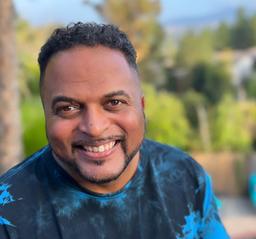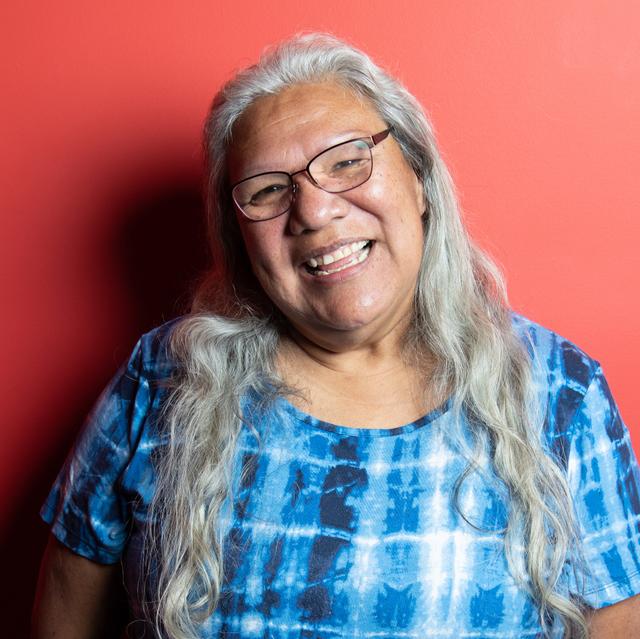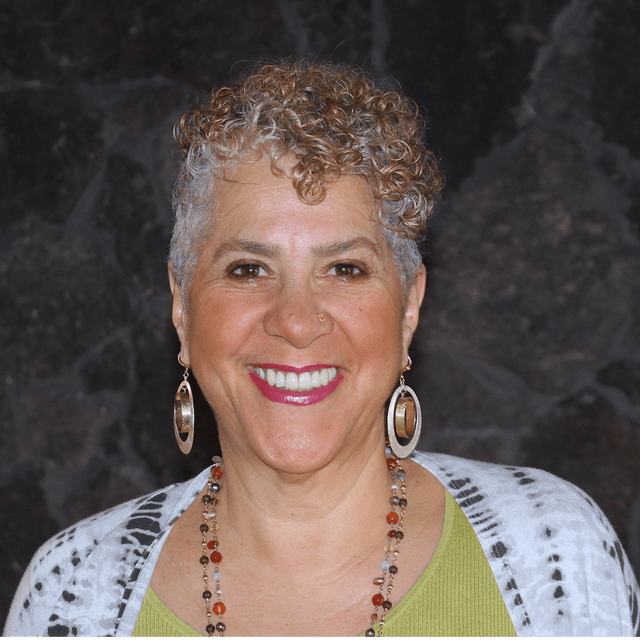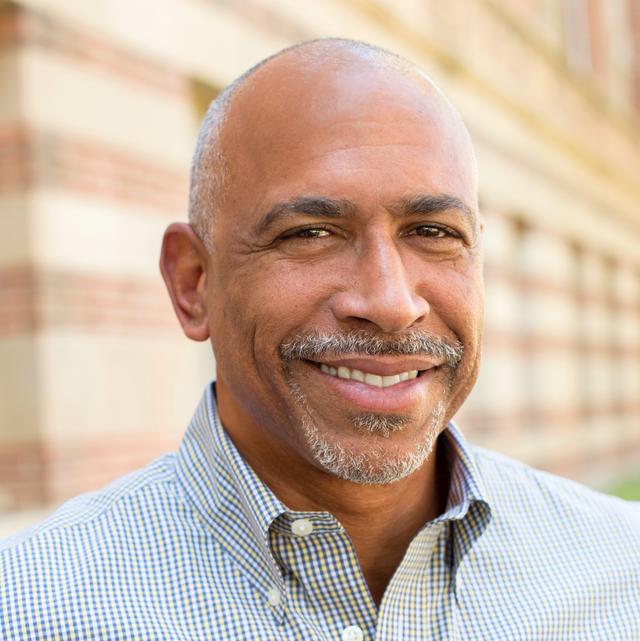Dr. Andrew Jolivétte is a nationally recognized scholar, author, educator, and poet specializing in Native American, Indigenous, Creole, Black, and Queer Studies. He is a Professor of Sociology and American Indian and Indigenous Studies at UC Santa Barbara, where he is helping establish the university’s first Department of American Indian and Indigenous Studies. He is also affiliated with UCSB’s Departments of Black Studies, Chicana/o Studies, Feminist Studies, and Latin American Studies.
Previously, Dr. Jolivétte served as Professor and Department Chair of Ethnic Studies and the founding Director of Native American and Indigenous Studies at UC San Diego. He spent nearly two decades at San Francisco State University, leading the American Indian Studies Department and contributing to the growth and leadership of Ethnic Studies as a field. His interdisciplinary scholarship addresses critical issues such as colonial trauma, mixed-race identity, Afro-Indigenous kinship, thrivance, and leadership.
An enrolled member and former tribal historian of the Atakapa-Ishak Nation, Dr. Jolivétte’s heritage spans Indigenous, African, Creole, and European lineages. He has authored or edited nine acclaimed books, including Indian Blood, a finalist for a Lambda Literary Award, and Louisiana Creole Peoplehood. He is an influential voice in global Indigenous advocacy, serving as a Partner Investigator with the Australian Research Council’s Centre for Indigenous Futures, a film consultant and producer on the Rise documentary about Louisiana coastal erosion, and on editorial boards for several academic journals, including Contexts and the Ethnic Studies Pedagogies Journal.
Dr. Jolivétte holds advanced degrees in Sociology and Ethnic Studies and has been honored as a Senior Ford Foundation Fellow. Beyond academia, he has led numerous community initiatives, including serving as Board President for the American Indian Cultural Center of San Francisco and the Institute for Democratic Education and Culture (SpeakOut). His passion for education, activism, and cultural preservation continues to inspire transformative change in both academic and community settings.
Reweaving the Spirit Ties: Native, African, and Indigenous Kinship
This presentation centers the historic and contemporary relationships, convergences, shared struggles, and collective acts of healing enacted by Afro-Indigenous, Black, American Indian, Afro-Latinx, Afro-Caribbean, and other Black Indigenous communities in naming, celebrating, and transforming colonial trauma, soul loss, and violence to sites of radical love and transformative justice through shared kinship.
Moving From DEI to Kinship Responsiveness: Creating Thrivance Hubs in Higher Education through a Ceremonial Model of Transformative Justice
How has the expansion and over saturation of DEI/EDI offices on college and university campuses served to protect institutions rather than address the need for serious institutional accountability and change? How might a shift from DEI to Kinship Responsiveness as a model reconfigure the way that universities address issues of race, racism, sexism, homophobia, xenophobia, disability, and other forms of identity so that material and meaningful change and justice can be attained so all community member can thrive? Gatekeeping, the politics of 'civility' and neo-liberal racism will all be discussed.
Black Men in Higher Education: Navigating Leadership Spaces and Anti-Blackness
This talk examines the challenges, strategies, and acts of resistance and transformative justice that Black men and Black people are making in higher education through their leadership roles as deans, chairs, faculty, staff and as student leaders. Andrew will delve into how Black men and Black people respond to anti-Blackness in these spaces and what strategies must they employ for their mental and physical health to sustain themselves in these leadership roles.
Give it All to the People: From HIV and Cancer to Ancestral Wellness
Centering the need for activating our personal and collective stories and traumas to heal from health crises such as HIV and cancer, this presentation will center the importance of ancestral healing and wellness as key to interrupting cycles of intergenerational trauma especially within communities of color and in LGBTQ communities.
Pretendians, Opportunistic Pessimism, and the End of 'Sovereignty'
Over the past five years there has been increasing attention to issues of what some have described as "pretendianism." This talk engages the politics and racism often at the center of such projects that seek to define nation status and tribal citizenship status using the U.S. colonial system to define a legal identity that should be guided by tribes. We'll look at how, for example, the pessimism about 'fraudulent Indians' has allowed some individuals and groups to capitalize on this trend for their own personal gains and how has this project ultimately undermined tribal sovereignty.
Feds, States, and Monsters in Black Indian Discourse
This talk looks at the role of Monsters (individuals who use their voice and power negatively to cause conflict in communities under the veil of being 'helpful') in Indian country who utilize federal and state recognition processes to exclude people of Black and American Indian descent from a place of belonging in Indigenous spaces. Questions of white privilege, regional and tribal specific racialization, and the politics of recognition as both useful and destructive will all be explored in this presentation.










